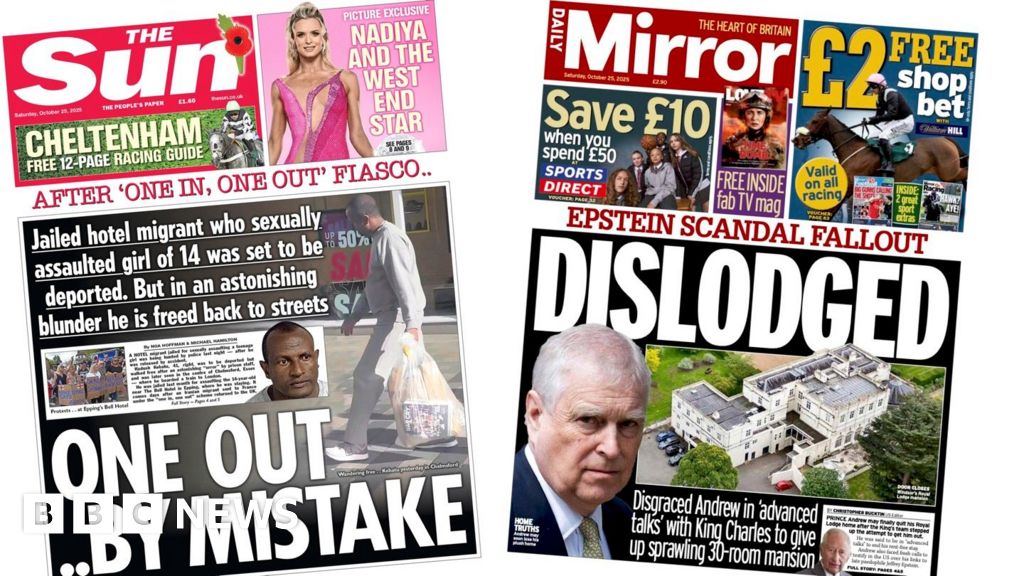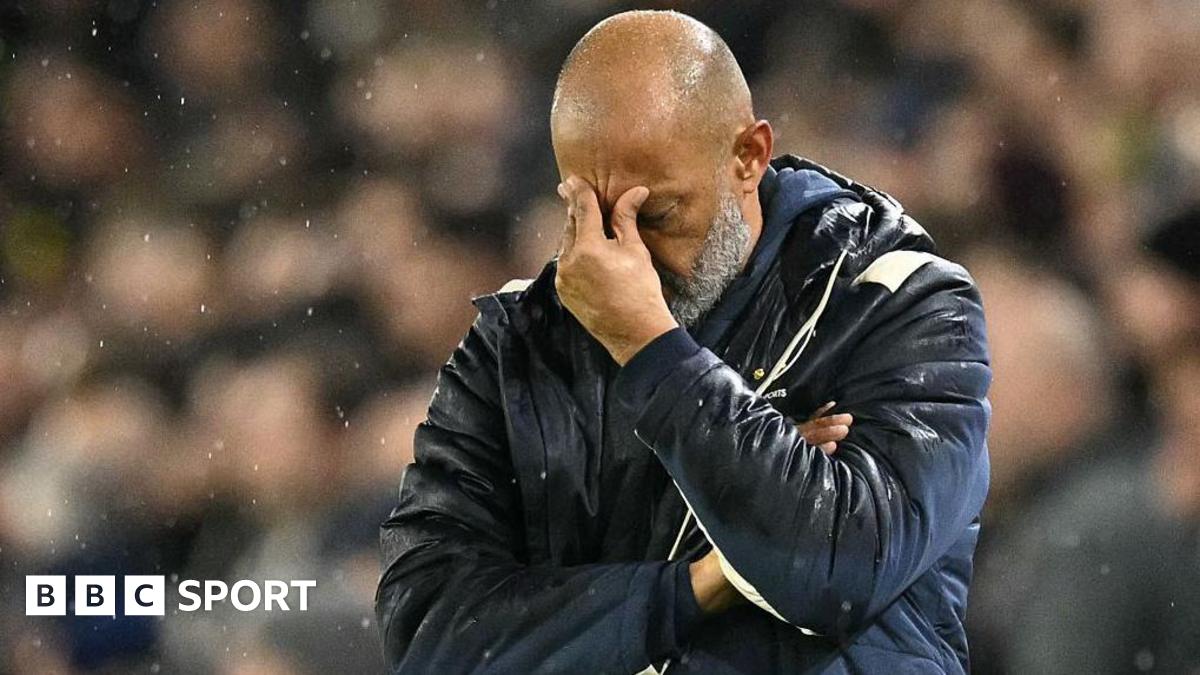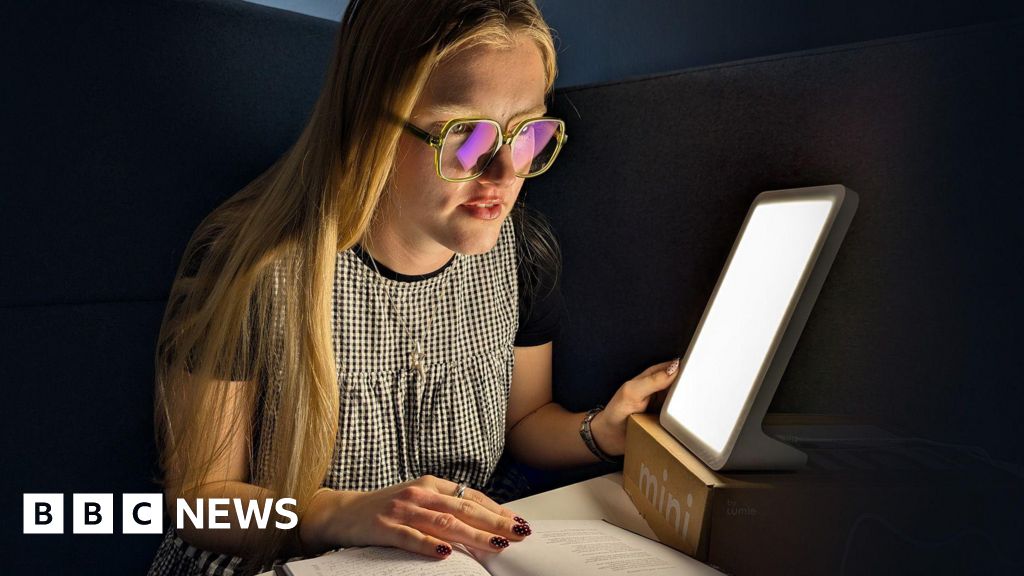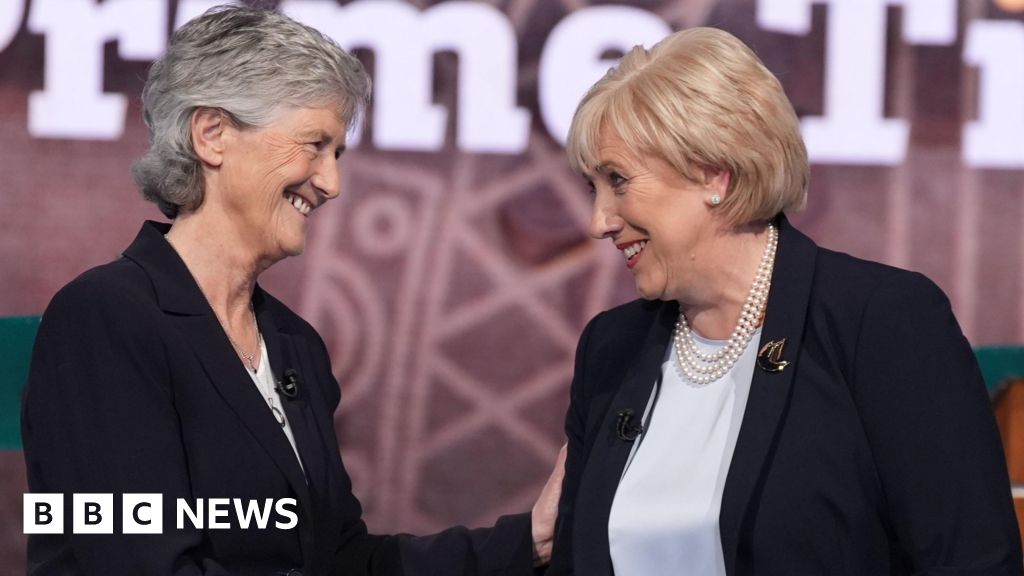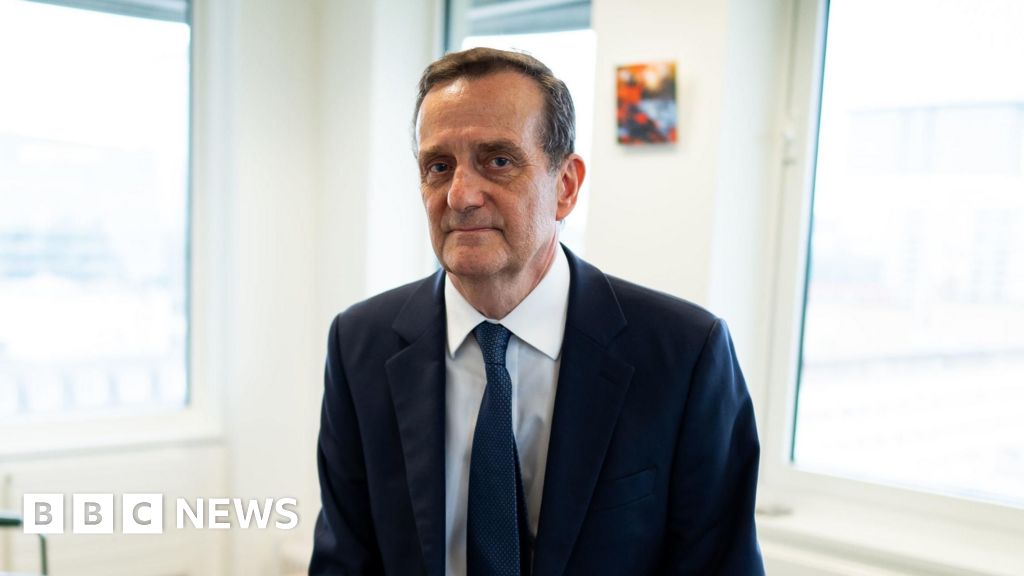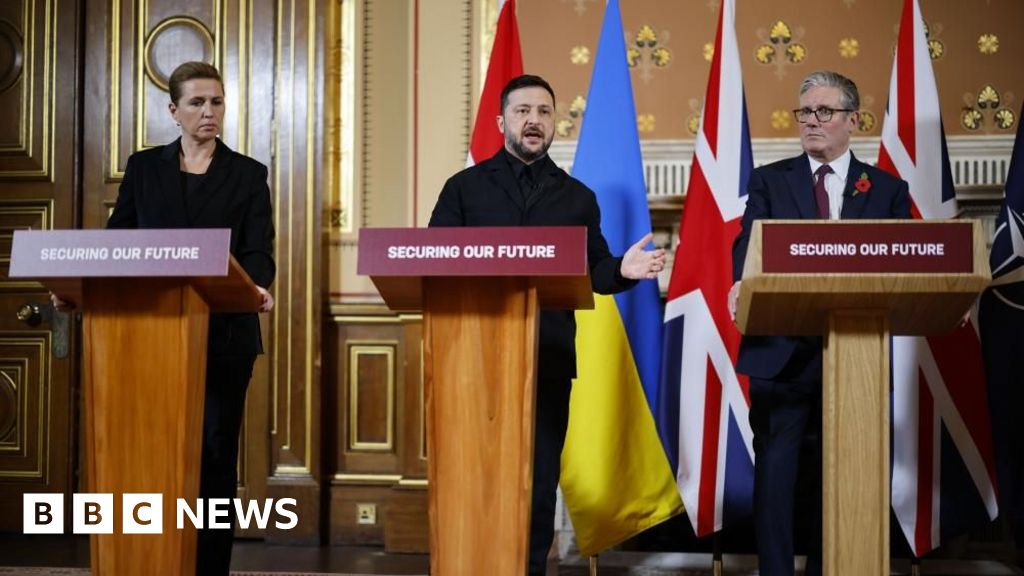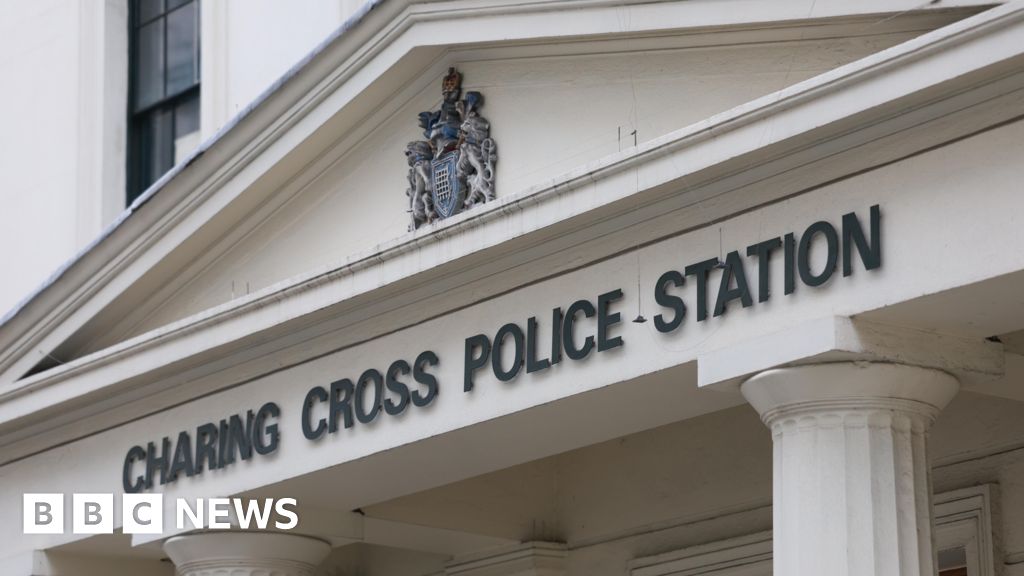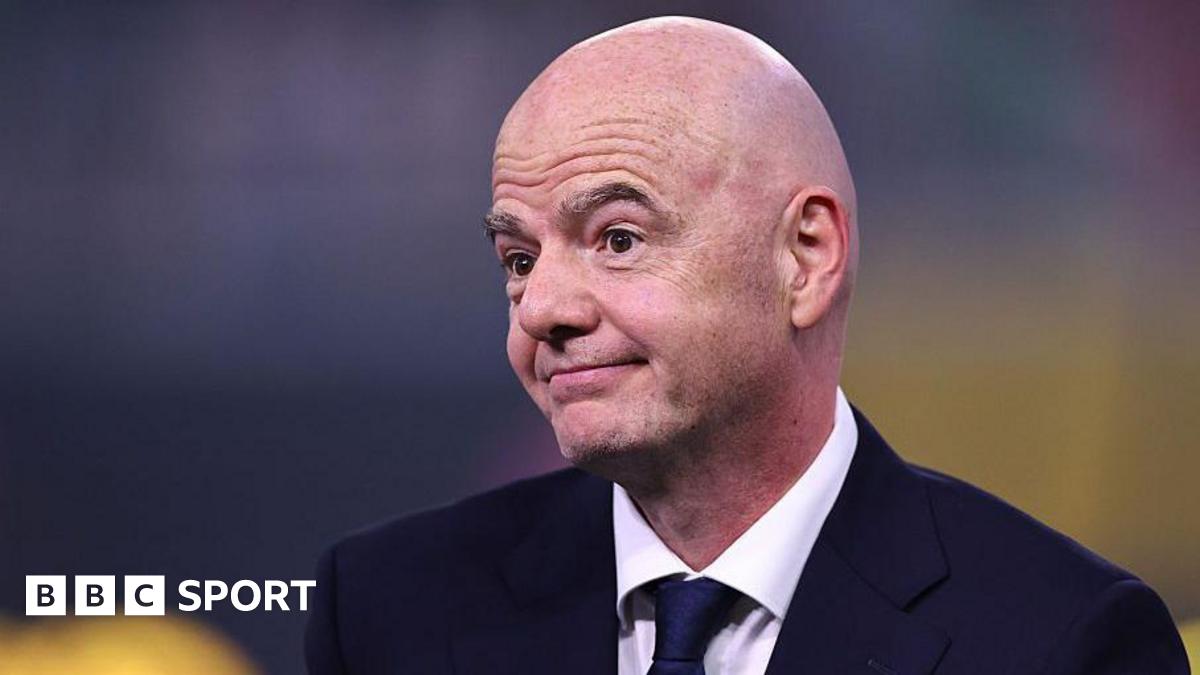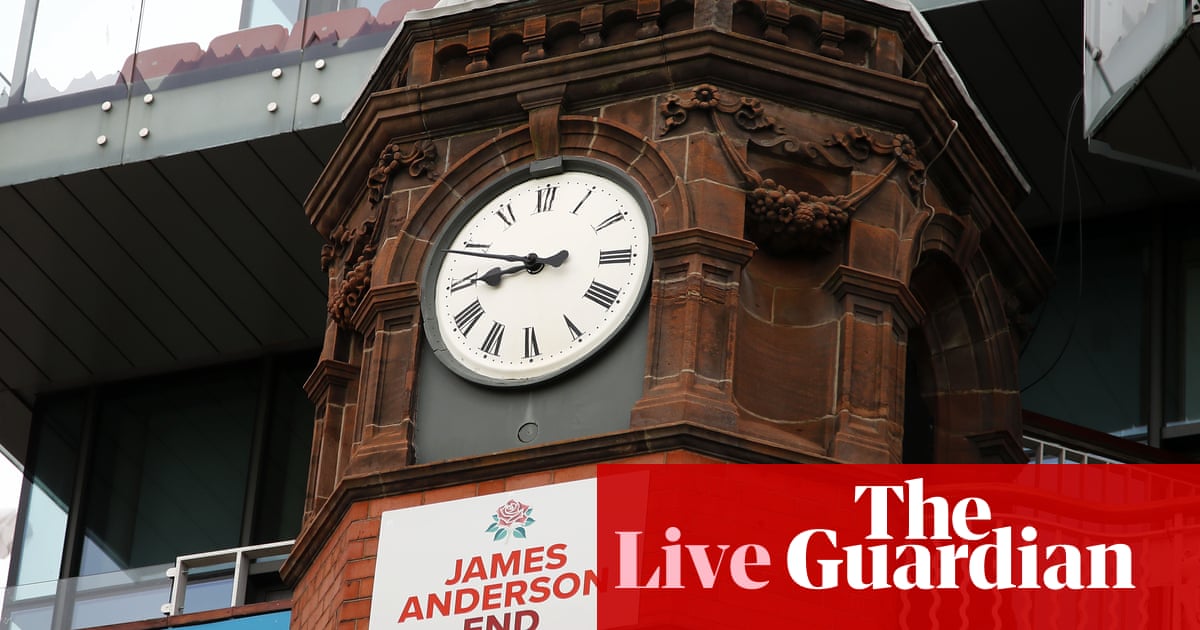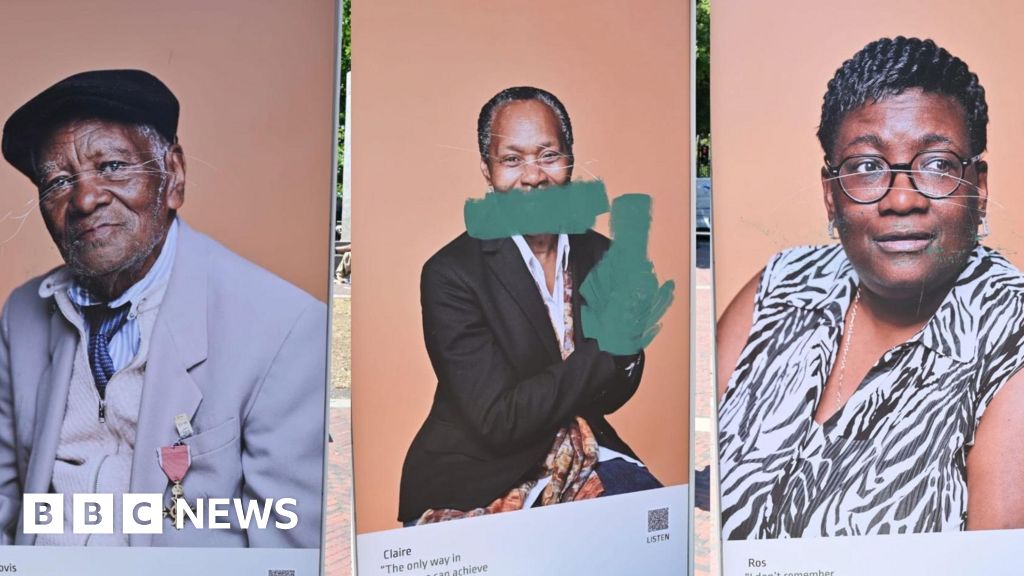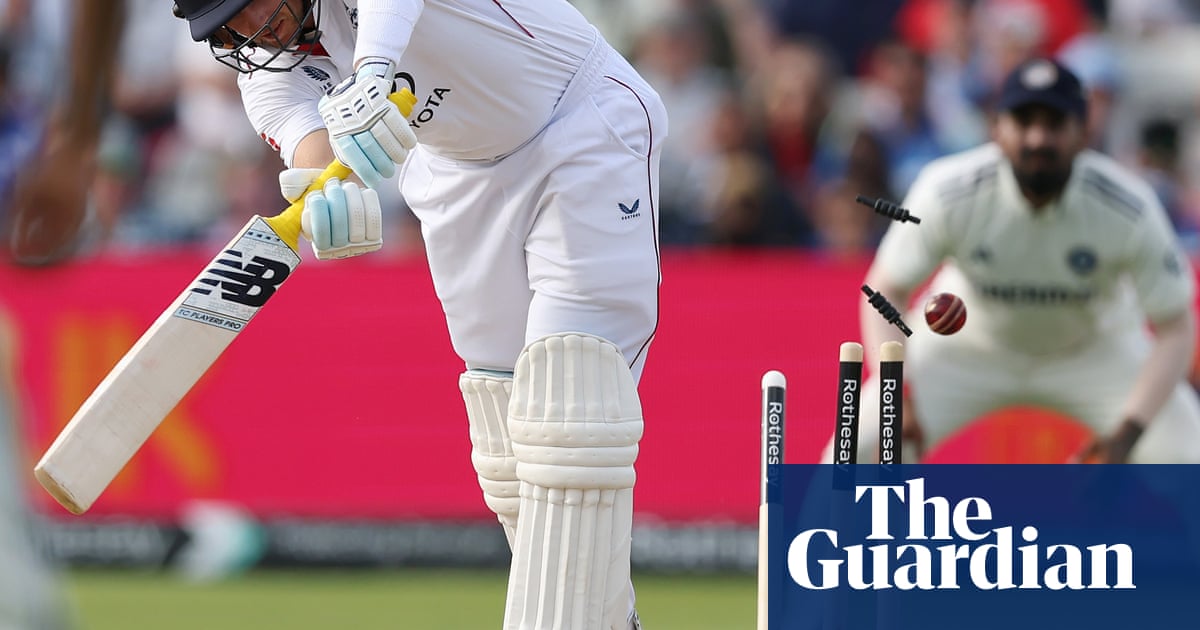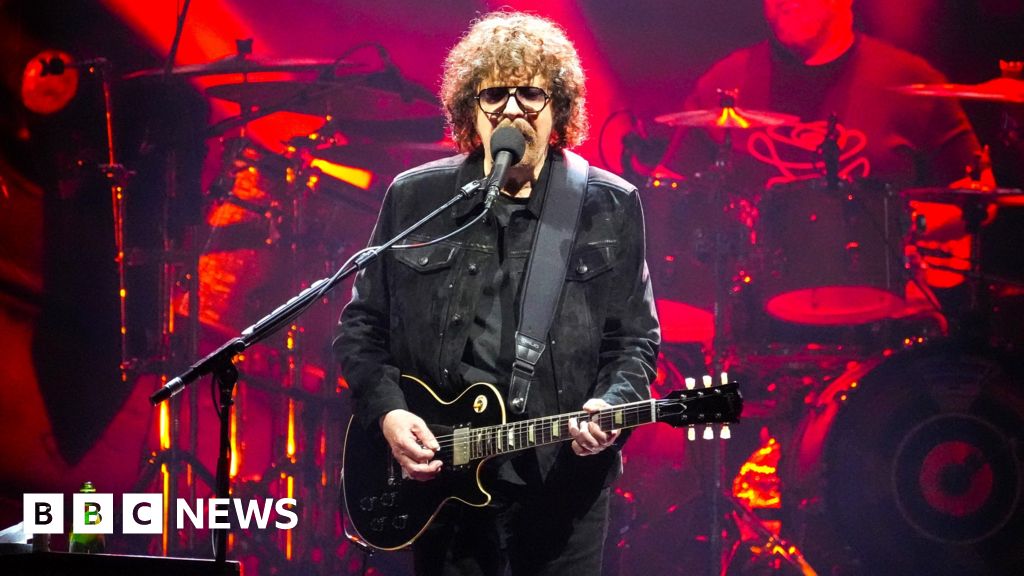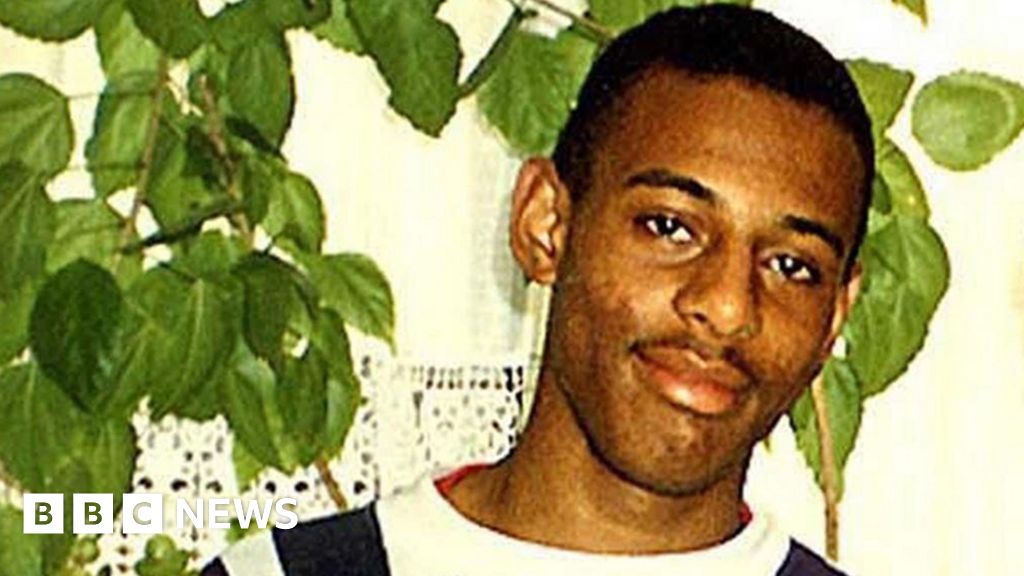Emer MoreauBusiness reporter

 Getty Images
Getty Images
Cash Isas allow people to save up to £20,000 without paying tax on the interest
Chancellor Rachel Reeves should not cut the cash Isa tax-free allowance in the upcoming Budget, a group of MPs has strongly advised.
Cuts to the tax-free allowance were unlikely to have the intended effect of promoting an investment culture in the UK, the Treasury Select Committee said in a report.
Reeves is expected to announce tax rises or spending cuts in next month's Budget, and is reportedly considering changes to cash Isas.
The chancellor said: "My understanding is that the report says that changes to Isas shouldn't be made in isolation of other policies. I'll be setting out any tax changes in the budget in November. And of course we need to get that balance right."
Reeves added: "At the moment, often returns on savings and returns on pensions are lower than in comparable countries around the world, and I do want to make sure that when people put something aside for the future, they get good returns on those savings."
Earlier this year, the chancellor was thought to be mulling a reduction to the allowance for tax-free cash savings in a bid to encourage people to put money into stocks and shares instead and boost the economy.
Those plans were put on hold after strong opposition from banks, building societies and consumer campaigners.
Savers can put up to £20,000 a year in Isas in savings and investments, to protect the returns from being taxed.
The chancellor has said she intends to keep this limit in place, and it can currently be spread across products including cash Isas and stocks and shares Isas.
The proposed change specifically relates to cash Isas, and earlier this month the Financial Times reported the chancellor was considering reducing their tax-free amount to £10,000.
The purpose behind this would be to encourage investment.
The chancellor is facing a Budget shortfall of about £22bn, according to a recent estimate.
She is expected to raise taxes or cut spending in her November Budget in order to meet her self-imposed fiscal rules of not borrowing to fund day-to-day spending and to get government debt falling as a share of national income by the end of this parliament.
Cash Isas are the most widely used type of Isa. A total of £360bn is held in cash Isas across the country.
The committee's report concluded that "cutting the cash Isa allowance is unlikely to incentivise people to invest their cash in stocks and shares".
Chair of the Treasury Select Committee, Dame Meg Hillier, said: "This is not the right time to cut the cash Isa limit."
"The Committee is firmly behind the chancellor's ambition to create a culture in the UK where savers are sensibly investing their money and getting better returns through well-informed financial decisions," she said.
"But we are a long way from that point."
Dame Meg said the government should instead focus its efforts on "a comprehensive effort to genuinely improve financial education and establish accessible, high quality financial advice and guidance for people".
"Without this, I fear that the Chancellor's attempts to transform the UK's investment culture simply will not deliver the change she seeks, instead hitting savers and mortgage borrowers."
Reducing the tax-free allowance for cash Isas would likely be unpopular among many savers, particularly older ones who are less willing to take risks with their money.
Instead of cutting the cash Isa tax-free limit, "the focus should be on improving financial literacy ... so that people can make informed decisions with their savings", the committee said.
The report found that cutting the allowance would have negative knock-on effects for consumers, as building societies depend on cash Isas for their mortgage lending.
"If this was reduced, it would mean a less competitive market for financial products and consequently higher prices for consumers," the committee said.
BBC News has contacted the Treasury for comment.
.png)
 9 hours ago
4
9 hours ago
4





